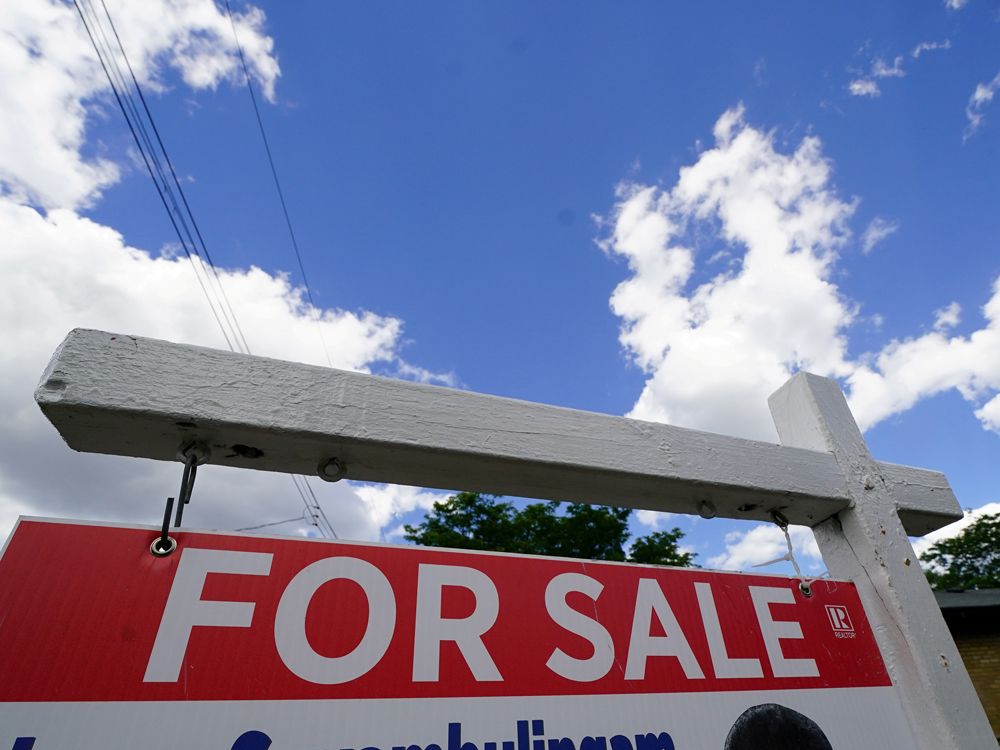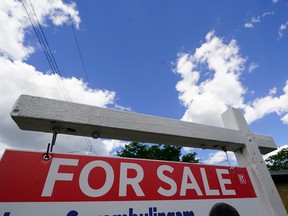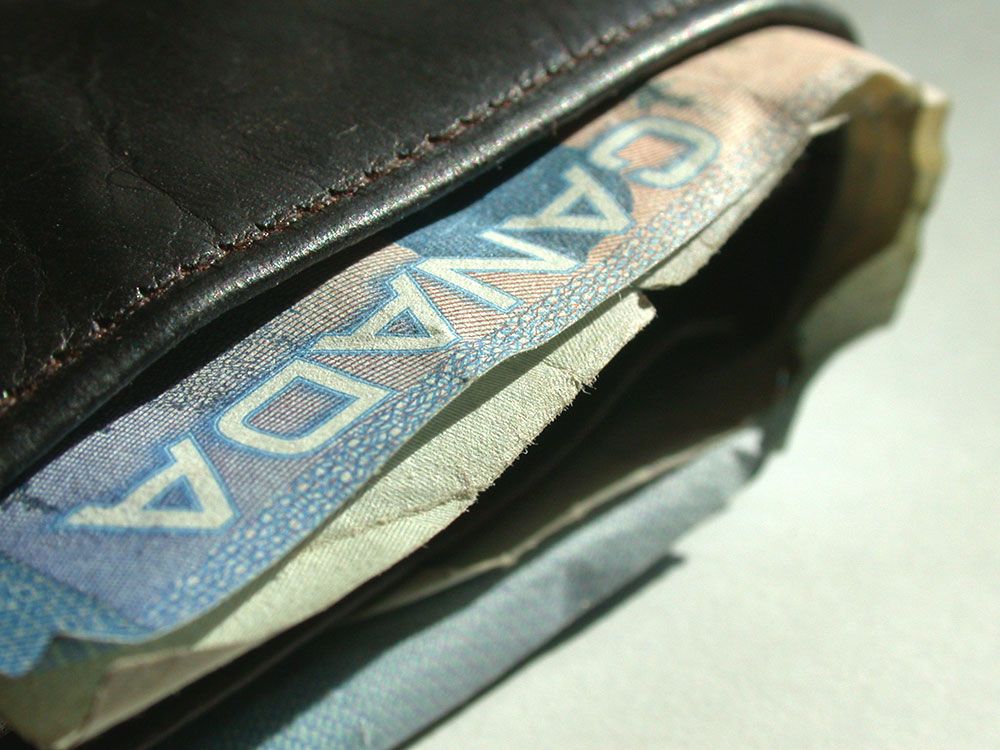Toronto home sales cool in March as average price dips to just under $1.3 million

While it is still a tight market out there, competition among home buyers is easing

Article content
Toronto home sales in March could not keep pace with last year’s record, seeing a 30 per cent drop to 10,955 units sold last month.
Advertisement 2
Story continues below
Article content
Despite the dip in sales, the Toronto Regional Real Estate Board called the recent data reading the third-best March and second-best quarter on record.
The average selling price of a home slipped over 2 per cent from the month before to just under $1.3 million, bucking a seasonal trend. However, prices are still up 18 per cent from the same time last year, underscoring a worsening affordability issue amid a tight market.
Article content
“Now is the time for governments to govern and focus on measures that are proven to increase housing supply,” said TRREB president Kevin Crigger in a press release. “The (Greater Toronto Area) population will experience rapid growth in the coming years as our region’s economic strength and diversity continues to attract people from around the world. In order to sustain this growth, we need adequate housing supply and choice. This needs to be the focus of policymakers rather than short-term and ineffective measures to artificially suppress demand.”
Advertisement 3
Story continues below
Article content
New listings coming to market fell by 12 per cent year-over-year to 20,038 units, but not as aggressively as sales plummeted. The board added that while it is still a tight market out there, 2022 is not seeing the same level of competition among home buyers as last year.
TRREB’s chief market analyst Jason Mercer noted that the first quarter of the year saw more balance compared to 2021. If this trend continued, Mercer said the pace of price growth could moderate throughout the year.
John Pasalis, president of Realty Inc. in Toronto, told Financial Post’s Larysa Harapyn in a late February interview he’s beginning to see buyer fatigue slowing the frenetic market pace.
“House prices have accelerated pretty rapidly and when you see that and when buyers are losing out on five, 10, or 15 bidding wars, they end up pulling out of the market and that kind of starts to cool things down a little bit as demand pulls out,” Pasalis said.
Advertisement 4
Story continues below
Article content
There is also concern about how aggressive the Bank of Canada will be as it continues its rate hiking cycle, with deputy governor Sharon Kozicki saying in late March that policy makers are prepared to act more forcefully to tamp down inflation. More economists now expect a 50-basis point hike next week.
A handful of rate hikes on their own will not have a material impact on how much Canadians can qualify to borrow due to the stress test, Pasalis said. However, more frequent and more aggressive rate hikes will hit Canadians’ appetite for borrowing.
“… Especially if we see as many as four rate hikes … that’s going to impact a homebuyers’ borrowing costs quite a bit and I think this is where we’re going to see both demand from investors pull back as investors are leaning towards these variable rate mortgages,” Pasalis told the Post.
Advertisement 5
Story continues below
Article content
“But even end-users: it’s going to be harder for them to buy into a market that’s much more expensive, where their mortgage payments are now higher because of higher rates and we’re in this inflationary environment where all their other costs are rising,” Pasalis added. “So, that certainly can take some heat out of the market in the second half of this year.”
-

Vancouver home prices soar more than 20% though sales off record highs
-

Provinces launch ‘full-scale attack’ on home prices — but it likely won’t be enough to slay housing dragon
-

Ontario raises foreign homebuyer tax to 20%, makes it province-wide
Real estate professionals like Cailey Heaps, president and chief executive officer at the Toronto-based real estate agency Heaps Estrin Team, argue that rising rates as well as housing measures the Ontario government announced could work in tandem to help cool the market.
Advertisement 6
Story continues below
Article content
“Many of my clients are wondering how the market will be impacted in the months following the impending interest rate change,” said Heaps in an e-mail to the Financial Post, adding that an interest rate increase on its own would not be enough to cool the market.
“However, coupled with the recently increased foreign homebuyers tax in Ontario and some of the changes to how it is imposed, rising inflation and efforts by policy-makers across the country to tackle affordability, this upcoming interest rate increase will most certainly contribute to cooling segments of the market,” she added.
• Email: shughes@postmedia.com | Twitter: StephHughes95
Advertisement
Story continues below









